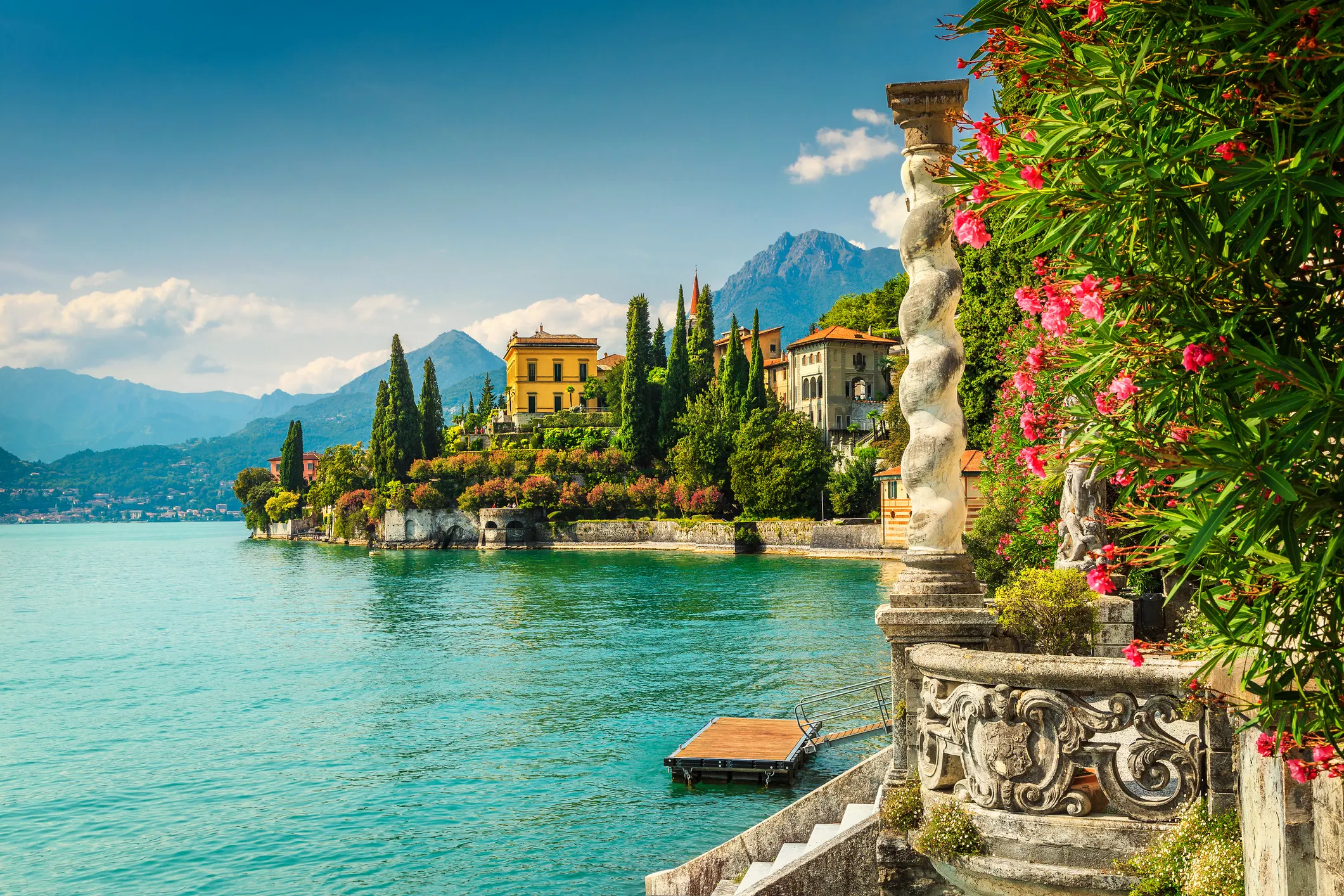
Already investing in Miami? Discover why Italy is the ideal second home destination—and learn the first steps to safely buy property there.
What If Your Second Home Was in Italy?
If you’re already investing in Miami, then you understand the importance of location, lifestyle, and long-term value. But what if your next investment wasn’t just across the bridge—but across the Atlantic?
Italy has emerged as a top choice for global buyers seeking a second home that offers history, culture, and opportunity. Yet buying property in a foreign country can come with surprises—some charming, others challenging. This guide walks you through why Italy makes sense for a second home—and more importantly, how to buy one with confidence.
.avif)
Why Choose Italy as Your Second Home Abroad?
1. Quality of Life That Enhances Your Lifestyle
According to a Gate-away.com survey of over 70,000 expats and global property seekers, most buyers choose Italy to improve their overall lifestyle. Imagine waking up to vineyard views, enjoying fresh pasta made just steps from your villa, or spending weekends at museums older than your primary residence.
Italy offers:
- A slower, richer pace of life
- Cleaner air and natural beauty
- Proximity to other European hubs

2. Deep Love for Italian Culture, Food, and Beauty
Italy captivates. From its picturesque coastlines to cobblestone villages, the country invites you to experience the timeless beauty of "la dolce vita." Buyers are often drawn by:
- Mediterranean climate and scenic landscapes
- A rich blend of art, fashion, design, and culinary tradition
- The charm of “Made in Italy” craftsmanship
If you already value amenities, security, and comfort in your Miami condominiums, you’ll appreciate the prestige and timeless elegance Italy offers.

3. Reconnecting with Your Roots
For many, purchasing property in Italy is a journey home. Italians living abroad—or their descendants—often seek to reconnect with their heritage through real estate. If you’ve dreamed of owning a property near your grandparents’ birthplace, Italy makes that dream incredibly real.
4. Real Estate Market Appeal and Long-Term Value
Compared to other Mediterranean countries, Italy presents a unique value proposition:
- Lower property prices than France or Spain in many regions
- No state property taxes on secondary homes
- Strong potential for vacation rental income
Italy represents a stable and profitable investment—especially when compared to newer, less-established global markets. And for those who are used to Miami’s new development trends, Italy offers an old-world charm with modern potential.
First Steps to Buying a Home in Italy
Buying a home in Italy is exciting—but it’s not without hurdles. Here’s what you need to know to avoid the “dream-turned-nightmare” scenario and make smart, informed moves.
1. Understand the Process Before You Start
Buying real estate abroad is vastly different from buying in the U.S. or investing in Miami. That’s why your first step should always be:
- Consult a real estate professional fluent in Italian property law
- Learn the stages of buying: offer, deposit, due diligence, notary, closing
This foundational knowledge will help you avoid missteps.
2. Find a Property Through the Right Channels
Once you’re familiar with the process, it’s time to explore properties. You can search:
- Online portals
- Real estate agents
- In-person trips (great excuse to visit Italy!)
Key difference from the U.S.: Italy does not have a Multiple Listing Service (MLS). So, you may see the same property listed by multiple agents—and agents don’t represent either party exclusively.
3. Know the Role of the Real Estate Agent
Unlike in the U.S., Italian agents are neutral. Their job is to:
- Help both buyer and seller reach a deal
- Split commission between both parties
- Assist with price negotiations and local insights
For example, an agent in Lucca or Rome will have hyper-local knowledge—something essential in a market without doorman-staffed towers and uniform developments.
4. Prepare for the Notary Experience
The notary plays a pivotal role. In Italy:
- All property transfers must be prepared and signed in the presence of a notary
- The notary is a public official who ensures the legality of the deal
- The buyer pays the notary’s fee (plus VAT)
Don’t speak Italian? No problem. The law allows:
- Assigning Power of Attorney
- Hiring a certified translator for legal docs
5. Plan for Taxes and Closing Costs
This is where international buyers often get blindsided. Here's a simplified breakdown:
- Registration Tax (Stamp Duty): Based on whether you're a resident or non-resident
- Mortgage Tax (if applicable)
- Agent's Commission + Notary Fees: Add 22% VAT to both
- Legal/Translation Fees
Pro tip: Consult a bilingual tax advisor familiar with Italian and U.S. tax laws before closing.
6. The Codice Fiscale: Your Italian Tax ID
Before buying, you must get a Codice Fiscale—Italy’s version of a Tax ID. It’s needed for:
- Opening a bank account
- Signing contracts
- Paying taxes
Avoid online scams. Have a trusted agent or lawyer handle this for you. It’s a small but crucial step toward a smooth closing.
7. Financing: What to Expect
Financing can be tricky. Unless you become an Italian resident:
- Most local banks may not approve your mortgage
- You’ll likely need to finance from your home country
If you're used to Miami’s new development financing options and concierge services, expect a slower, more traditional pace here—but it can still be done with proper guidance.
Conclusion: Dream, Plan, Buy—With the Right Guide
Owning a home in Italy isn’t just about property—it’s about purpose. You’re not just expanding your real estate portfolio, you're enhancing your lifestyle, your legacy, and your global footprint.
Whether you’re sipping espresso in a Tuscan courtyard or exploring Roman ruins on your afternoon walk, your second home in Italy can become your first love abroad.
Ready to invest confidently in both hemispheres?
👉 Explore Miami’s most exclusive condominiums and amenities here.
FAQ: Buying Real Estate in Italy
Do I need to be in Italy to buy a home?
No. You can buy remotely via Power of Attorney and digital document signing—with a professional team supporting you.
What are the closing costs for foreign buyers?
Expect registration tax, agent and notary fees, mortgage costs, and 22% VAT added to services. Plan for 7–10% of the purchase price.
Can I rent out my Italian property?
Yes. Short-term rentals are popular, especially in tourist areas. Check local laws and consider a local property manager.
How long does it take to close?
From offer to final deed, it can take 2–3 months depending on due diligence, financing, and availability of parties.
What’s the best way to find the right region?
Your lifestyle will guide you—beach lovers may prefer Puglia or Forte dei Marmi, while art lovers may lean toward Florence or Siena.















